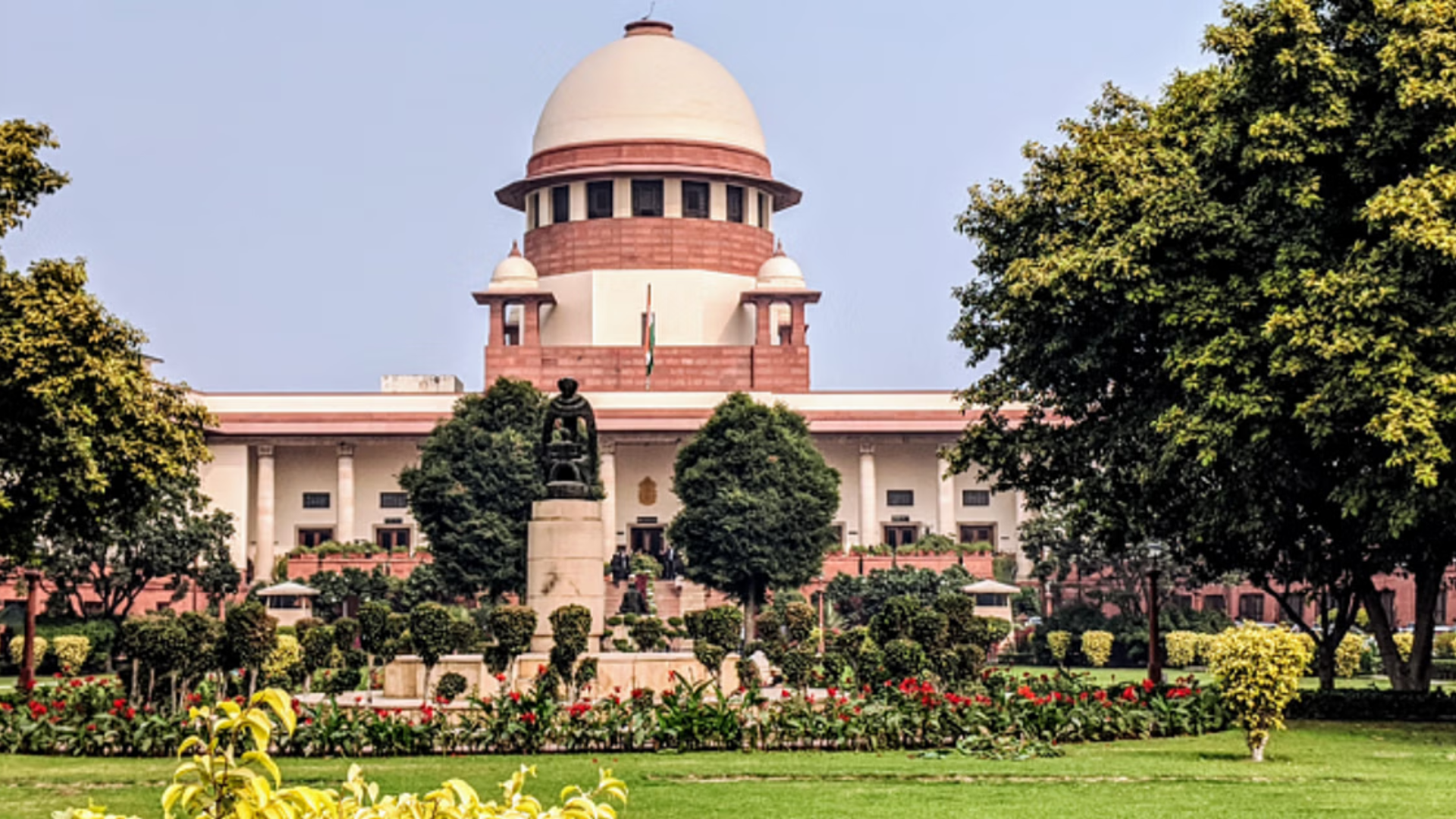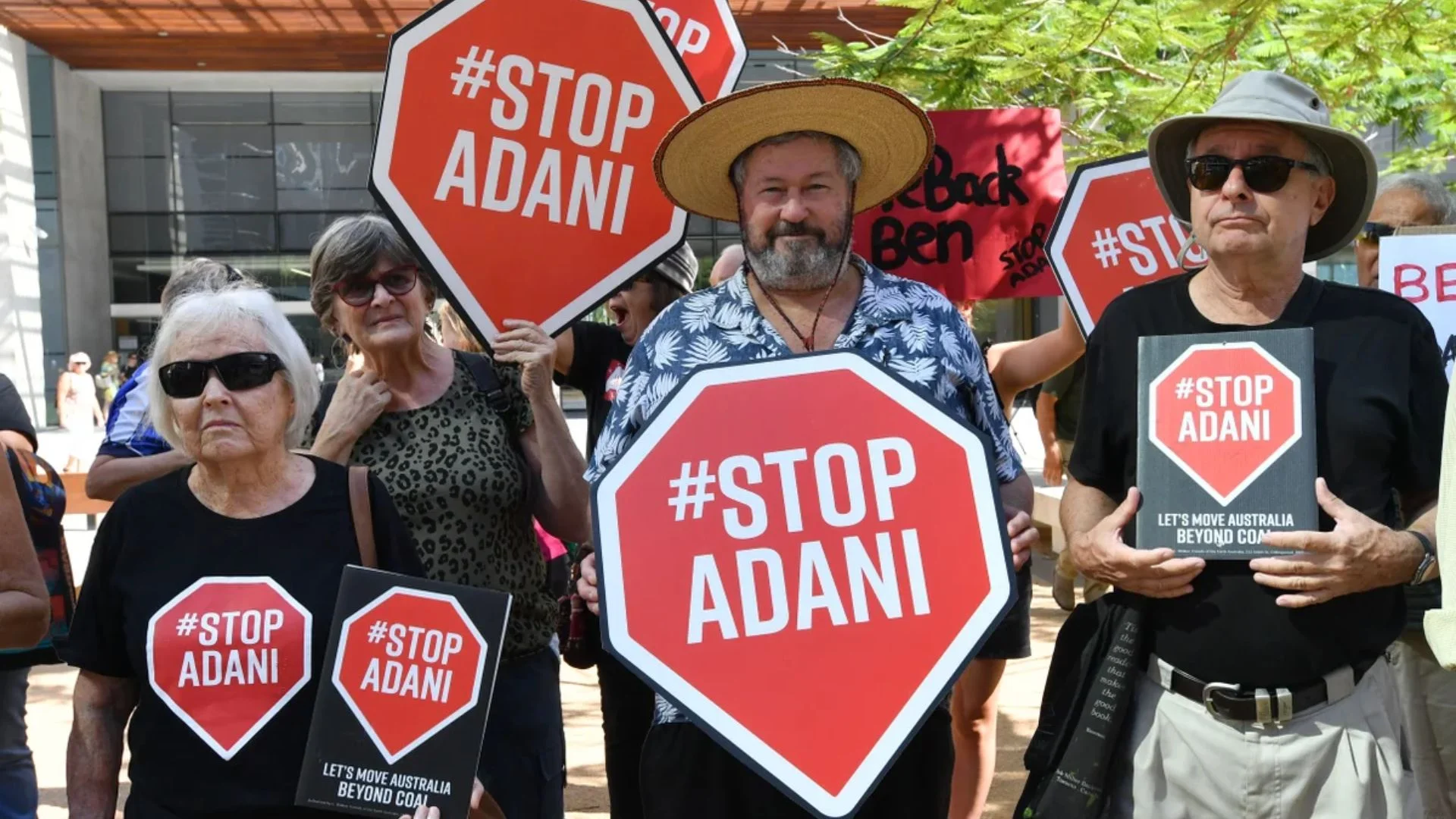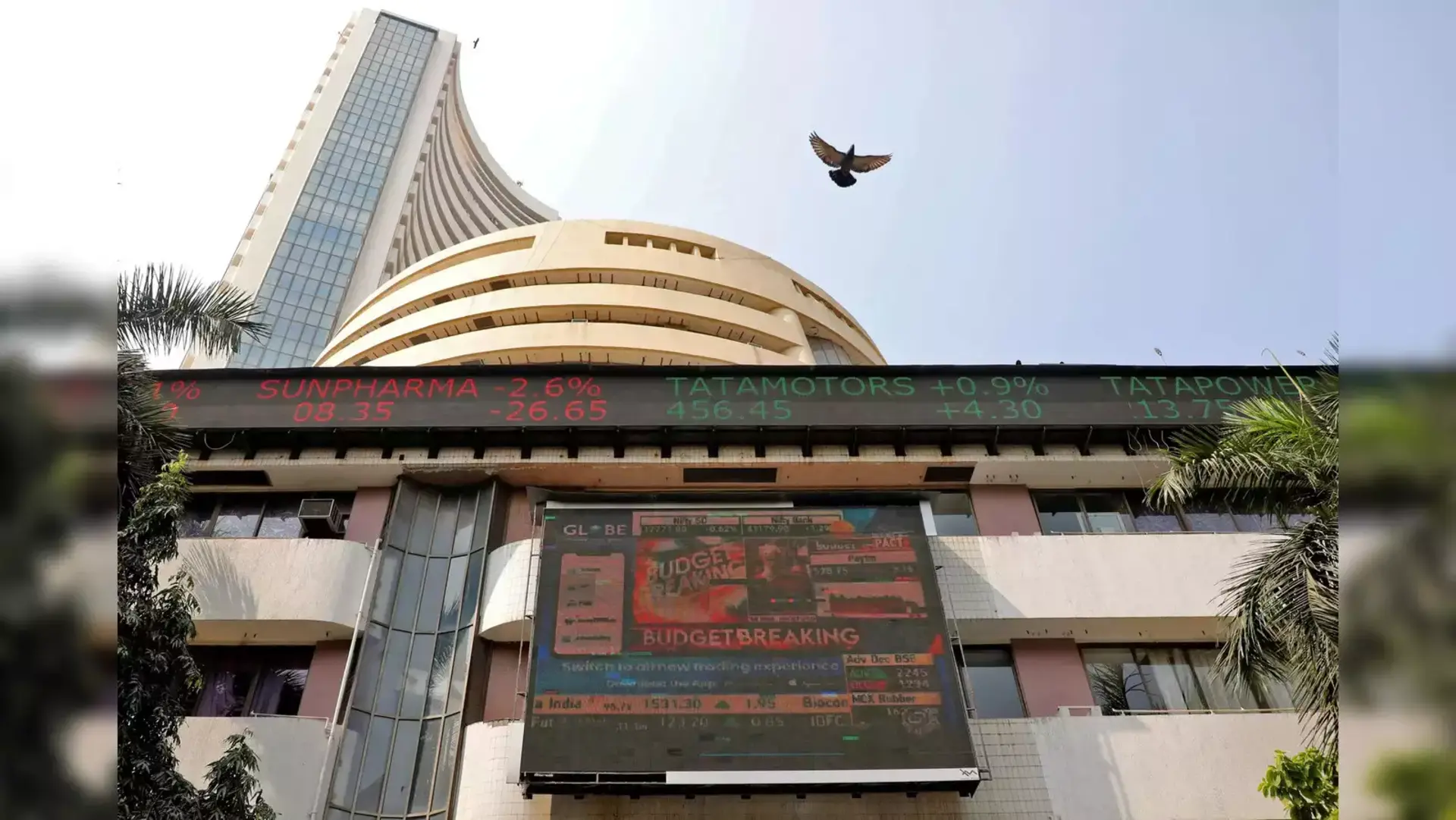
Shocked by the absence of a clear definition delineating the Aravali range, the Supreme Court on Thursday restricted four states from obtaining fresh mining leases in the Aravali region.
The apex court had barred Rajasthan, Haryana, Gujarat, and Delhi from obtaining fresh mining leases in India’s oldest mountain range.
However, the top court has clarified that this order won’t cover the existing legal mining activities.
Earlier, the bench of Justices B R Gavai and A S Oka established a committee, comprising of secretary of the Union Ministry of Environment, Forest and Climate Change, and secretaries of the above-mentioned state.
Additionally, the representatives from the Forest Survey of India, the Geographical Society of India, and the Central Empowered Committee were also included to decide on a definition of Araval. To facilitate a uniform policy to protect the range which acts as a barrier against the spread of the Thar desert to northern plains.
Further, The SC also requested the committee to send its report within two months. And later, the hearing will be conducted further in July.
Since the year 1985, the court on so many occasions, has expressed its concern for Aravali’s destruction.
To further prevent the destruction, the court has imposed a ban on stone quarrying, sand mining, and commercial activities, and in some cases, it has also ordered the removal of encroachments inhabiting the hill.
However, due to subtle support of administration, these unscrupulous elements continued with their activities.
To deal with these issues, Amicus curiae K Parameshwar and senior advocate ADN Rao have argued for the mapping of mine areas, to prevent authorities from causing irrepealable damage to the environment.
Additionally, Parameshwar also suggested a ban on all mining activities in the Aravali range.
However, the court argued that a complete ban on mining will always be counterproductive.















